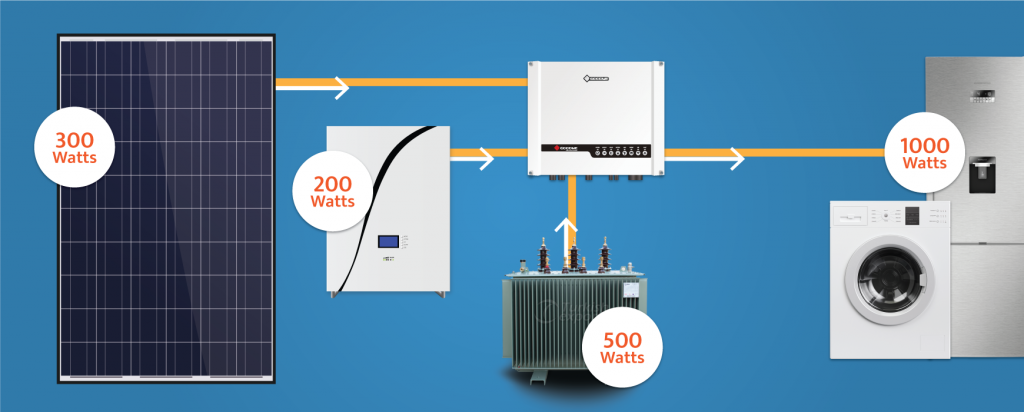
Why an inverter?
May 17, 2021 2:02 pmWhen talking about mobile power solutions, someone always tries to make the correlation between an inverter and a generator. An inverter can be explained as “a generator that uses the battery as its fuel tank”.
But which is better?
Generator!
Generators are AC power supplies that use fossil fuels as their main source of energy. In other words, they use fuel (diesel or petrol) to run an engine. One of the major drawbacks of a generator is they can be inefficient and waste a lot of fuel if they’re not used at full load for a long period of time.Generators can unnecessarily pollute the environment for a small benefit. If you start your generator for say 10 minutes the generator barely gets lukewarm before you’ve shut it down. This can cause carbon buildup on the critical engine components, shortening the life of your generator’s engine. Generators are noisy & expensive to run. http://en.wikipedia.org/wiki/Diesel_generator
Price/KWh with running costs & service can run in excess of R6.00/ KWh.
Inverter!
Inverters are also AC power supplies, but they use stored DC electrical energy in a battery or battery bank. They use electronics and transformers to modify the DC to AC, and then boost the voltage to create 220V. On the up side inverters are extremely efficient, compared to generators, and only consume DC power in direct relation to the amount of AC power they put out. Another major benefit is that they are virtually silent compared to generators. The batteries are charged when the power is on, or solar panels can be used to charge the batteries. Inverters are comparatively light weight compared to generators. No need to keep fuel (diesel or petrol) on hand. Much lower running cost.
If there was a significant investment in solar panels, an inverter could easily take the place of Eskom. This would require a huge initial cost, but the long-term cost of ownership would be less with a solar or battery inverter system than a generator or Eskom, as sunshine is free.
Wait!
Ultimately, your system becomes the winner if you do it right. Generators are available from the small 1kW to 15kW (sure they get bigger, but the huge units are part of a completely different discussion). Inverters come from 100W “pocket” inverters to 600W in the portable scope, and 800W to 4000W in hard-wired configurations. With our FCS K5 range you can add another unit as your demand increases to a maximum of six units allowing a total of 24000 W. This ensures you will never have to sell your inverter to buy a bigger one.
These units are configurable to run as three phase inverters as well allowing 10000w three phase.

Comments are closed here.